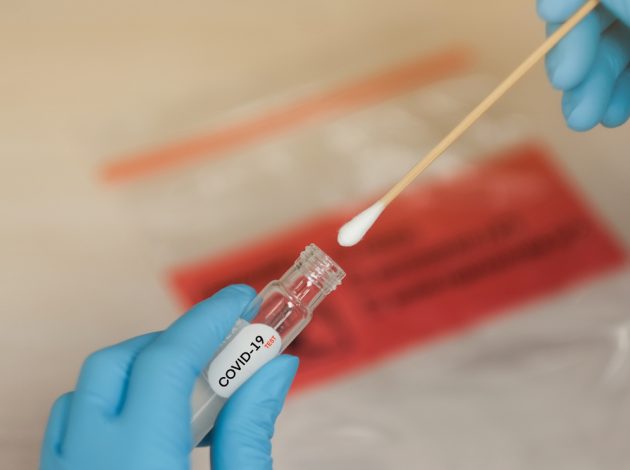The Office for National Statistics is jointly leading the UK’s virus infection and antibody survey in response to COVID-19. In this piece first published in The Times the National Statistician Sir Ian Diamond explains how crucial this work is to the UK’s response to the virus.
The recent early morning announcement of our new large-scale virus infection survey provoked a huge and immediate public response.
People who received letters asking them to take the swab and blood tests that will help us to estimate the current rate of infection and COVID-19 antibodies came forward in their thousands to sign up. For all of us involved it has been deeply inspiring.
Their response and the evidence they will provide will be pivotal to vital decisions that lie ahead in this pandemic.
The project, which is part of the Government’s national testing programme, brings together the world-leading scientific expertise of our colleagues at Oxford’s Nuffield School of Medicine and delivery partners in both public and private sectors.
The Office for National Statistics specialises in running very big, representative household surveys and we will co-ordinate the evidence gathering and analysis and then publish the results.
A truly representative sample of the population will provide uniquely valuable insight on the spread of the disease. Initially targeting 25,000 respondents, in time it could extend to as many as 300,000.
Assembled in a matter of days, the scale of this collaborative effort shows again how major operational and logistical challenges are being surmounted in response to the pandemic.
The virus has been a huge test of our ability to produce vital information quickly enough to make a difference. When the world is shifting rapidly, decisionmakers need timely and relevant data.
At the ONS, therefore, we have radically changed our outputs, using new and faster sources.
Anonymised data published by Apple and Google, for example, is helping us assess the impact of social distancing measures in the UK. Similarly, analysis of ‘real time’ HM Revenue and Customs PAYE data has illuminated the impact on jobs.
We’ve been publishing weekly insights on what is happening in the economy and society alongside our regular statistical releases.
For the last two weeks these have shown around 85% of the population are worried to some degree about the impact of the coronavirus on their lives. More positively in these troubled times, three-quarters of adults (77.9%) said they thought people are doing more to help others since the pandemic began.
These surveys have also revealed the scale of the unfolding impact on our economy. They suggest that around one in four businesses (25%) have temporarily closed or paused trading as a result of the pandemic. In the accommodation and food service sector industry 80% of employees in firms that responded have been furloughed.
There are many more numbers to show how challenging this time is for us all. We in the analytical community are working and innovating to our fullest extent to help the nation and our heroic front-line services. In reporting deaths it is worth saying that each one of these numbers represents a family in grief and we always remember that at the Office for National Statistics.
From answering our survey questions to taking part in the infection tests, an army of people have shown they too recognise the critical importance of sound evidence in tackling this pandemic. I thank them for it.
Sir Ian Diamond is National Statistician of the United Kingdom. This article first appeared in The Times on 5 May 2020.
